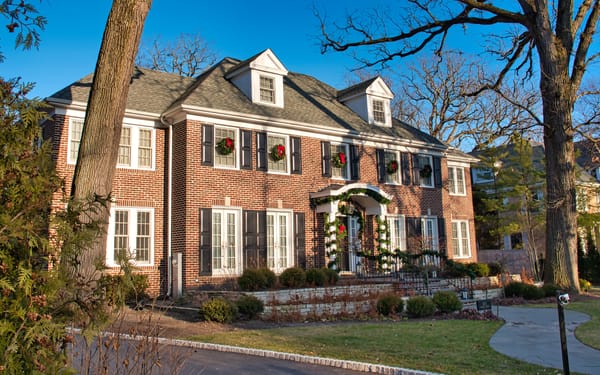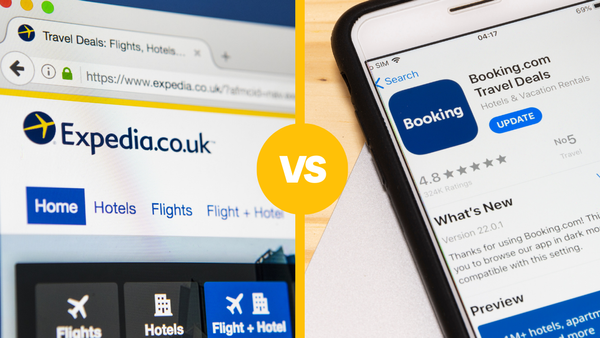Airbnb Noise Monitor Solutions: Why You Need One and Which to Get

You want your Airbnb guests to have a great time at your property, right? You want them to feel right at home. Then again, maybe not that at home that they decide to throw a party or invite over unauthorized guests.
One of the ways that vacation rental owners can prevent parties is by installing a noise monitoring device. As it measures only the sound levels and not the actual conversations, guest privacy is maintained. Here are four of the best noise monitoring devices for short-term rentals along with other tools that can improve guest safety.

Why Installing a Noise Monitoring Device Is a Good Idea
Regular noise complaints can sour a relationship with neighbors, making it difficult to run a rental business. If it’s not your neighbors complaining, you could face having to answer to law enforcement. In some cases, it might even result in a fine.
Even if your property isn’t located in a quiet suburban area or a multiple-unit dwelling, you want to monitor the sound levels. It’s not so much about the noise level and loud music, but about the guest behavior that’s typically associated with it. Parties can lead to property damage or guest injuries.
All in all, it’s a great tool for remote hosts and large properties in particular. Not only can it be a deterrent, but depending on the sensor that you install you might also get access to reports that can be used as proof in case of a claim or other useful features like checking humidity levels.
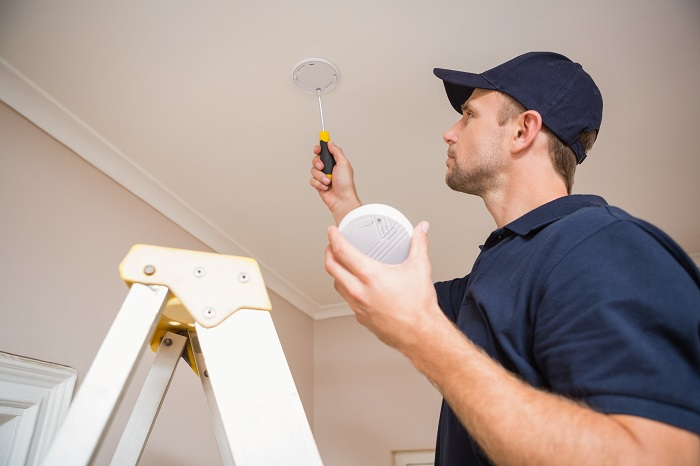
Rules for Installing a Noise Monitoring Device
Airbnb hosts are allowed to install a device that measures sound levels and their duration. These devices may be installed in common areas like the dining room. This means that installing a noise detection device in sleeping areas is against Airbnb’s rules.
The only other rule for noise monitoring devices is that Airbnb requires hosts to protect guests’ privacy by disclosing their presence through the Listing editor and adding them under Safety Devices. However, hosts aren’t obligated to disclose where inside the property these monitors are located. In addition to disclosing it in your actual listing, it’s also a good idea to mention their presence in your house rules, along with rules about noise and quiet times.
4 Top-rated Noise Monitoring Devices
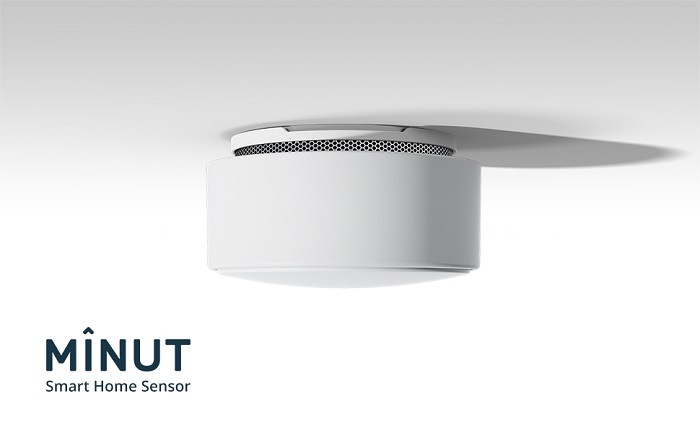
Minut
Minut is one of the most popular noise monitoring devices on the market and needs no real introduction. It’s a camera-free, weatherproof noise sensor used by leading property management companies like Kasa.
It’s extremely versatile and not just a noise monitor. The Minut sensor also:
- Monitors occupancy levels
- Comes in a range of outdoor sensors
- Measures temperature and humidity
It also recently introduced a cigarette detection feature. This is available to Airbnb hosts with a new generation sensor and who’ve enabled the feature via the Minut app. Using machine learning, it will alert hosts when cigarette smoke is detected indoors.
Aside from helping hosts to keep their property safe, it also offers features to improve the guest experience. You can sync it with your Igloohome and Nuki smart locks to streamline check-ins and checkouts, for example. It can also be connected with iGMS.
Another useful integration is its integration with tado° products. This way, you can automatically turn off the air conditioning after checkout to save costs.
Key features
- The ability to set your own noise thresholds
- Automated phone calls to guests informing them when the noise threshold was exceeded
- Notifies hosts if a guest tries to tamper with the Minut device
- A log of when cigarette smoke was detected and noise levels exceeded
- Mold risk monitoring
- Motion and window break detection
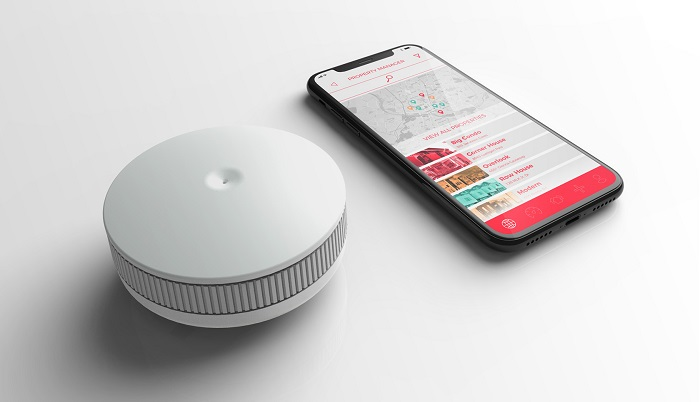
NoiseAware
Along with Minut, NoiseAware is the other Airbnb noise monitor making a lot of noise. It has been featured in leading online publications like Forbes, The Wall Street Journal, and Skift, and to date it has monitored more than one million nights.
According to its website, NoiseAware users experience on average a drop of 33% in insurance claims. What’s more, it’s trusted by 12 of the 14 biggest property management companies in North America.
Like Minut, it can be used to monitor indoor as well as outdoor noise. Via its custom, comprehensive dashboard, you can access real-time info, historical data, and instant, notifications. You can also communicate with guests directly via the dashboard.
Key features
- The ability to set custom noise thresholds for quiet hours
- FCC-certified
- Custom pricing for hosts with 10 or more properties
- Access through mobile devices with an app
- It requires zero batteries when used indoors
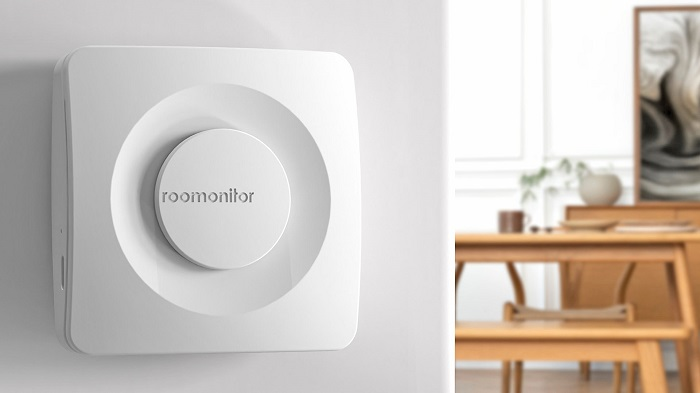
Roomonitor
Roommonitor offers management tools and guest and property services to help with more than just noise monitoring.
If you only want to focus on noise monitoring, you can check out its advanced sound pattern detection system. Basically, it analyzes variations in sound over a specific period and will only alert hosts when a significant noise disturbance is detected. This means that it’s well equipped to eliminate false positives like a door that slammed shut.
Alerts can be sent via text message, in-app notifications, or email. You even have the option of setting up phone calls, making it super convenient.
In addition to noise monitoring, it can also ensure peace at your property by alerting you to potential issues like overcrowding and cigarette smoke. It analyzes signals from its sensors to alert you when occupancy levels increase, while its Roomonitor system will inform you when tobacco smoke inside the property is present.
One of its standout features, though, is its Alarm Assistant. It’s a team of mediation experts who intervene on your behalf. All experts are employed in-house and receive continuous training, ensuring that your guests are treated respectfully. Plus, depending on your property’s location, you might even be able to use their on-site Alarm Assistant Night Agents.
Key features
- Integration with several leading vacation rental platforms including Airbnb, Booking.com, and Tripadvisor
- Access to unlimited historical data
- The ability to customize noise thresholds
- Temperature and humidity tracking in real time
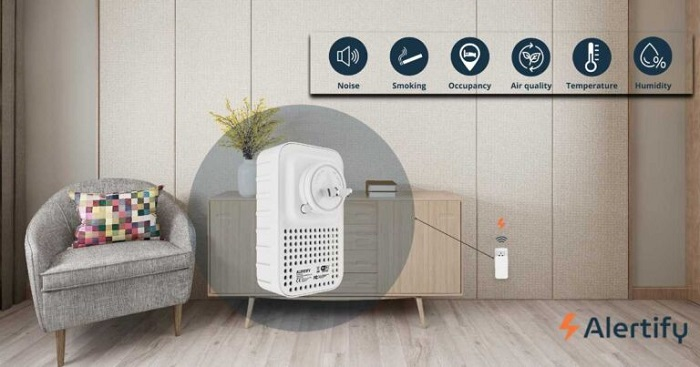
Alertify
Alertify is another noise monitor aimed at short-term rentals and hotels. A more comprehensive device, it can monitor:
- Noise
- Smoking
- Occupancy
- Temperature
- Humidity
When excessive noise, more guests, or indoor cigarette smoke (vape smoking included) is detected, it will send real-time alerts via email, phone or both. However, you don’t have to wait for Alertify to notify you first as you can also track the noise decibel levels in real time via its dashboard.
In the dashboard, you’ll also find data about previous occasions that guests broke your noise, occupancy, or smoking rules. One added feature is that it also includes reports. These after-incident reports share specific details about the event and can be used as evidence when dealing with Airbnb.
It also recently added a custom guest screening functionality, making it one of the most comprehensive safety devices.
Key features
- Backup battery power
- Updates automatically
- The ability to set up customized noise level thresholds for specific times of the day
- Mold risk monitoring
- Air quality monitoring
- Incident reports
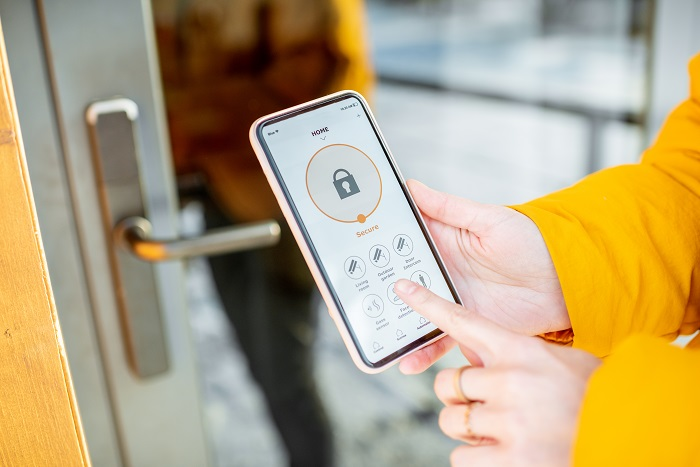
What Other Tools Do You Need for Running a Rental Business
A noise monitoring device is essential and can help keep noise complaints down by preventing parties and unauthorized guests. To keep their property and guests safe, Airbnb hosts can also invest in:
- A security alarm
- Motion detection sensor
- Smart lock
- Doorbell surveillance system
- Carbon monoxide detector
- Outdoor lights
- Exterior security cameras
- Guest screening technology
Then, to help Airbnb hosts with other essential hosting responsibilities, there are several other types of devices and tech solutions like:
- A channel manager
- Dynamic pricing software
- A website builder
- Digital guest books
- Analytics
Some tools, like iGMS for example, can tick multiple boxes. It can serve as channel manager, but you can also use it as a website builder and offer AI-powered analytics.
As you’ll need various tools to run your rental property efficiently, double-check integrations. For example, iGMS integrates with Minut, NoiseAware, and Alertify. This way, hosts and property managers can save even more time and streamline operations helping them to improve the guest experience. All in all, these integrations are easy to set up, just like the noise sensors.




